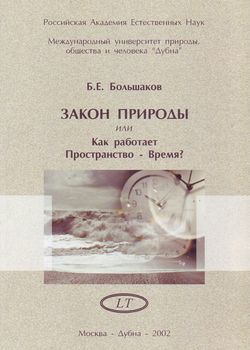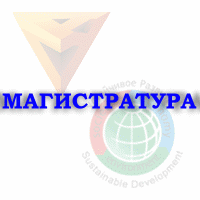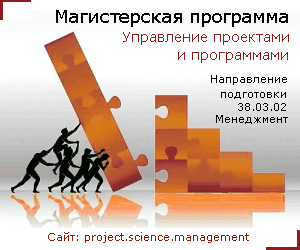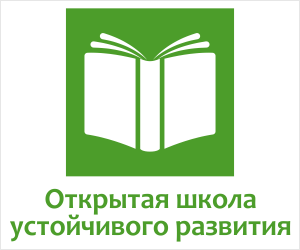Vladimir Kutergin, PhD in Engineering, professor, Ural branch of Russian Academy of Sciences, Applied mechanics Institute
Abstract
How could one define an artificial object? What differs it from a natural object? What’s the nature of a final-product and engineering activity as an artificially created phenomenon? Is it possible to describe in common mathematical language the phenomenon of an object construction or process with the fixed parameters, despite a variety of displays? What kinds of models and constructive processes are suitable for studying the laws and principles of artificial objects organization and management? The present work attempts to answer the above-mentioned questions by analyzing the engineering challenges and problems using “search of unity in complex” approach.
KEYWORDS: engineering, constructive process, artificial object, variability, invariants, structure of communications, result of communications, goal-directed activity, model of consuming future, systems design.
Download article: ENGINEERING ACTIVITY FROM THE CONSTRUCTIVE VIEWPOINT

 ПОСЛЕДНИЕ ЭКЗЕМПЛЯРЫ ТИРАЖА
ПОСЛЕДНИЕ ЭКЗЕМПЛЯРЫ ТИРАЖА





